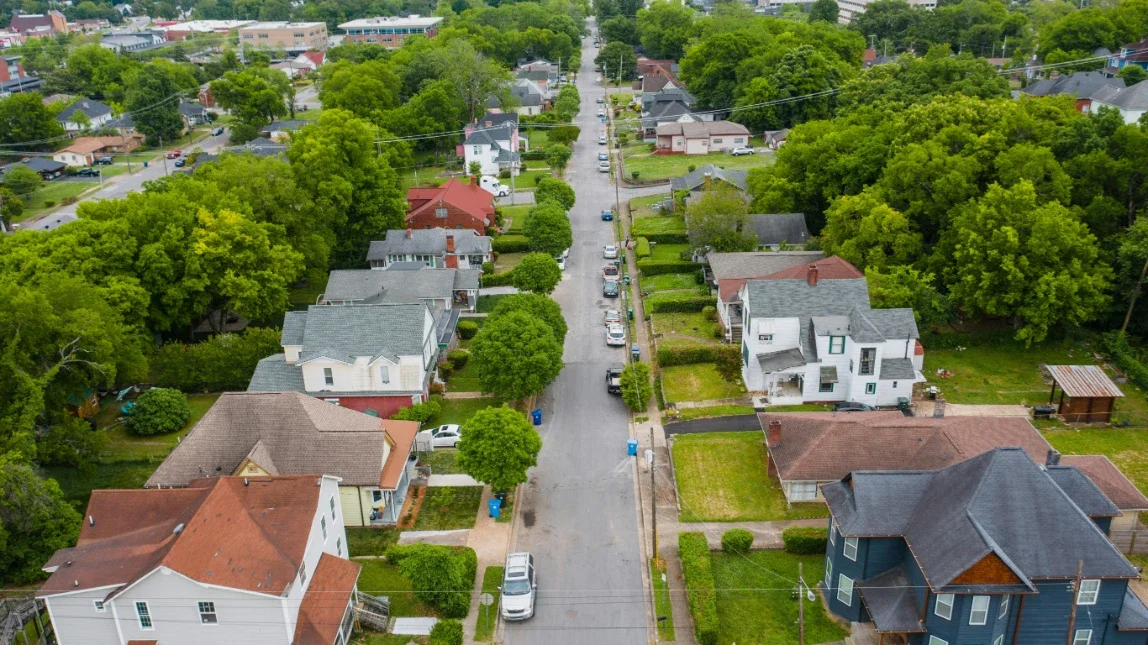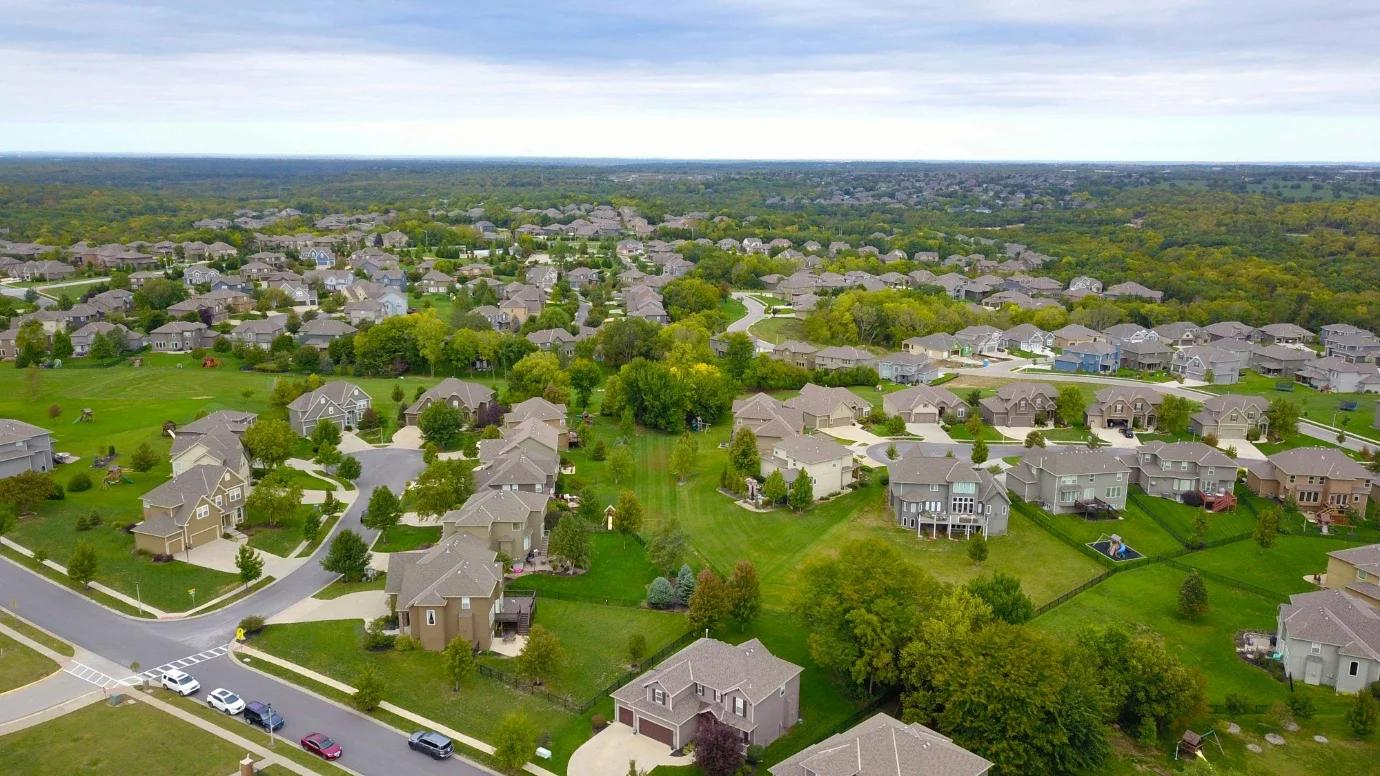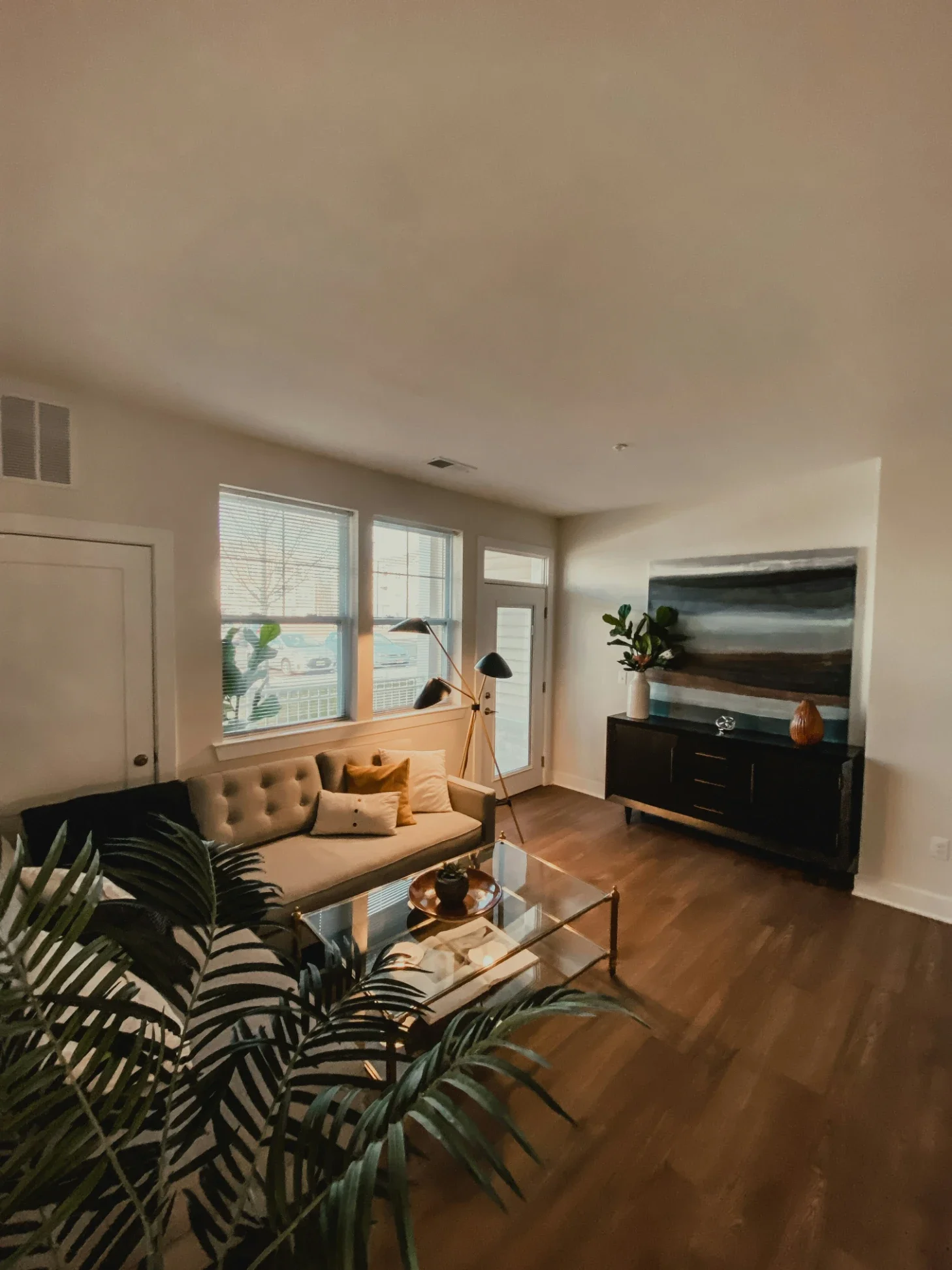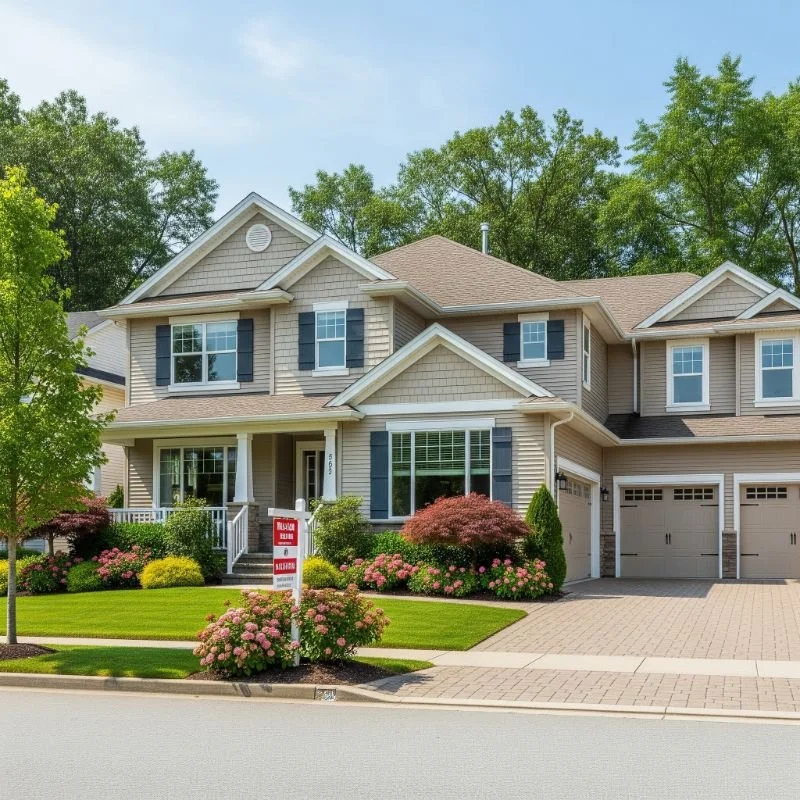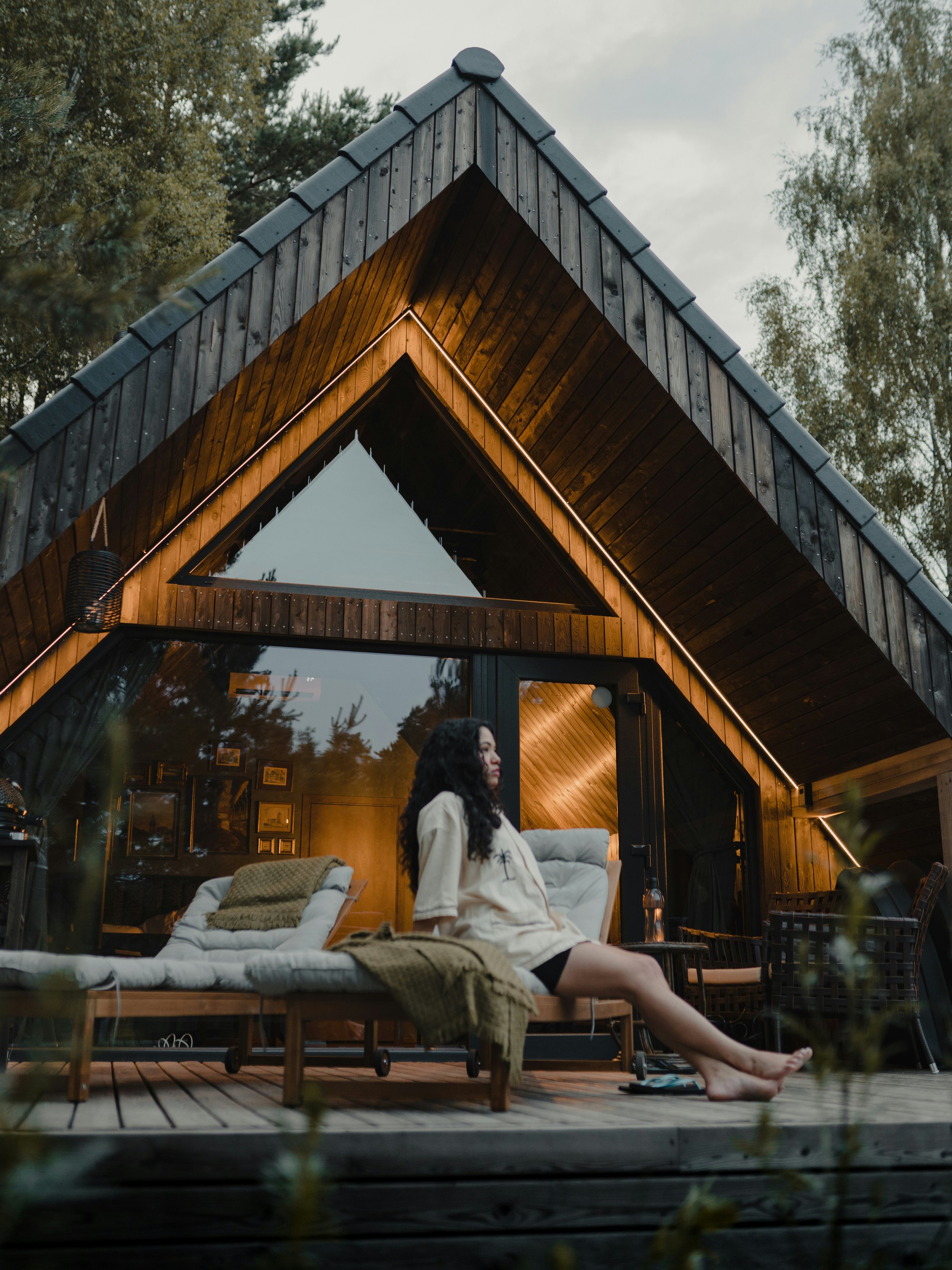How to Buy Your First Home on a Budget
Learn how to buy your first home on a budget with smart saving tips, mortgage advice, and cost-effective strategies for first-time buyers.
Buying your first home is a big step. It can be exciting and overwhelming at the same time. Between rising home prices and competitive markets, it’s easy to feel like your dream of homeownership might be out of reach. But with the right approach, buying your first home on a budget is very possible.
In Austin, the housing market has grown fast. While some areas have become expensive, many first-time buyers are still finding options that fit their needs and budget. The key is to plan ahead, stay flexible, and know where to look. You don’t need a huge budget to get a good home—you just need to make smart choices based on your financial limits.
Let’s break down the steps that can help you make a smart purchase without overspending. These tips are geared toward buyers in Austin, but they apply to most fast-growing markets.
Know What You Can Actually Afford
Before you even start browsing listings, you need to get clear on your budget. This means more than just figuring out how much a bank will lend you. A loan pre-approval gives you a price range, but it doesn’t show you the full picture.
You’ll also need to account for property taxes, homeowners insurance, utility costs, and any HOA fees. It’s easy to focus on the loan amount and forget the monthly costs that come with homeownership. Your budget should include those ongoing expenses, so you’re not caught off guard after closing.
Work with a lender early on. Ask questions. Run the numbers. Look at how your debt, income, and credit score affect your buying power. This step sets the foundation for the rest of the process.
If you're buying in a competitive market like Austin, you’ll want to research areas where your money goes further. Some of the most affordable neighborhoods in Austin still offer solid value, livable space, and access to local hotspots without the premium price tag. Neighborhoods like North Lamar, Windsor Hills, and Garrison Park offer more affordable prices while keeping you within reach of downtown and major employers.
These areas are great places to start your search if you’re looking for your first home on a limited budget.
Focus on Needs, Not Wants
It’s tempting to search for the perfect home. You might want an updated kitchen, a big backyard, or a walk-in closet. But if you’re working with a budget, it helps to focus on what you actually need.
Start by listing out your essentials. How many bedrooms do you need? Do you want to be close to work or public transit? What’s non-negotiable and what’s just a nice extra?
Knowing the difference helps you avoid wasting time on homes outside your price range. It also helps you move quickly when a good match shows up. You can always update a home over time, but the basics, such as location, size, and structure, matter most at the start.
Be Open to Older Homes or Light Fixers
New construction is appealing. Everything’s updated, and you don’t need to worry about repairs. But that often comes with a higher price. If you’re on a budget, don’t overlook older homes.
Homes that need light cosmetic updates—like paint, flooring, or fixtures—can cost less upfront. These small improvements can often be done over time. You don’t need to renovate the entire house right away. Focus on homes that are solid structurally, even if they don’t look perfect.
Hire a licensed home inspector before you make an offer. They can spot issues you might miss. That way, you’ll know what’s a quick fix and what could be a major cost. Many buyers get more house for their money by going this route.
This option may not work for everyone. But if you’re willing to make minor updates yourself, it could open up properties that would otherwise be out of reach.
Consider First-Time Buyer Assistance Programs
There are programs designed to help people buy their first home. Many of these offer help with down payments, closing costs, or better loan terms. Some are offered by state housing agencies, local governments, or nonprofit groups.
Look into what’s available in your area. In Texas, for example, there are programs for low- to moderate-income buyers that offer fixed-rate loans and grants. These can make a big difference when you’re trying to keep upfront costs low.
Speak with a mortgage lender who’s familiar with first-time buyer options. They can walk you through what you qualify for. You may be surprised at the support available.
Don’t skip this step. Even if you think you earn too much or have too much saved, it’s worth checking. Every bit of help can take pressure off your budget.
Take Your Time and Watch the Market
Buying your first home takes patience. It’s tempting to jump at the first house that looks right, especially when inventory is low. But rushing into a deal can lead to overspending or missing important details.
Instead, take your time. Pay attention to how prices move in different areas. Watch how long homes stay on the market. Learn what a good value looks like so you’re ready to act when one appears.
Set up alerts with your real estate agent for homes that meet your needs. Stay organized. Keep notes. Revisit your list of must-haves every few weeks. This helps you stay focused and avoid getting distracted by homes that don’t fit your plan.
Remember, you don’t have to buy the most popular house in the best-known neighborhood. The right home is one that fits your needs and your budget, not one that checks every box on someone else’s list.
Buying a home on a budget takes planning, patience, and some flexibility. It’s about knowing your numbers, staying realistic, and choosing options that match your lifestyle. You don’t need to go beyond your means to find a place that works for you.
Start small, keep learning, and don’t be afraid to ask questions. With the right steps, your first home can be a smart investment—and one you’ll feel proud of.


